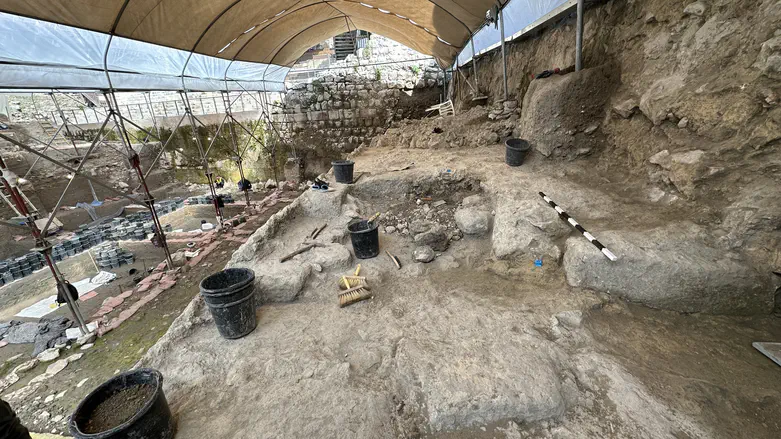The aftermath of Israel's Twelve-Day War against Iran has dramatically shifted the geopolitical landscape of the Middle East, weakening Iran's regional power and exposing its reliance on external partners. With Russia's influence waning due to its war in Ukraine and the collapse of its ally in Syria, China is stepping into the vacuum, offering Iran economic lifelines and limited military support. Beijing's involvement is pragmatic and cautious, focused on leveraging Iran as a tool to expand its influence and pressure Washington, rather than backing Tehran's ambitions unconditionally.
Recent reports of Chinese-origin missile materials and possible air defense transfers highlight Beijing's growing footprint in Iran, but China remains risk-averse, balancing its support with broader strategic interests in the Gulf and ties to Israel. This creates an opportunity for U.S. policy to exploit China's caution, raising the costs of military assistance and encouraging Beijing to restrain Iran's destabilizing actions. Ultimately, China's engagement is calculated to serve its own interests, and Washington must adapt its strategy to channel Beijing's influence toward regional stability.

 image sourced from original article at
image sourced from original article at 

